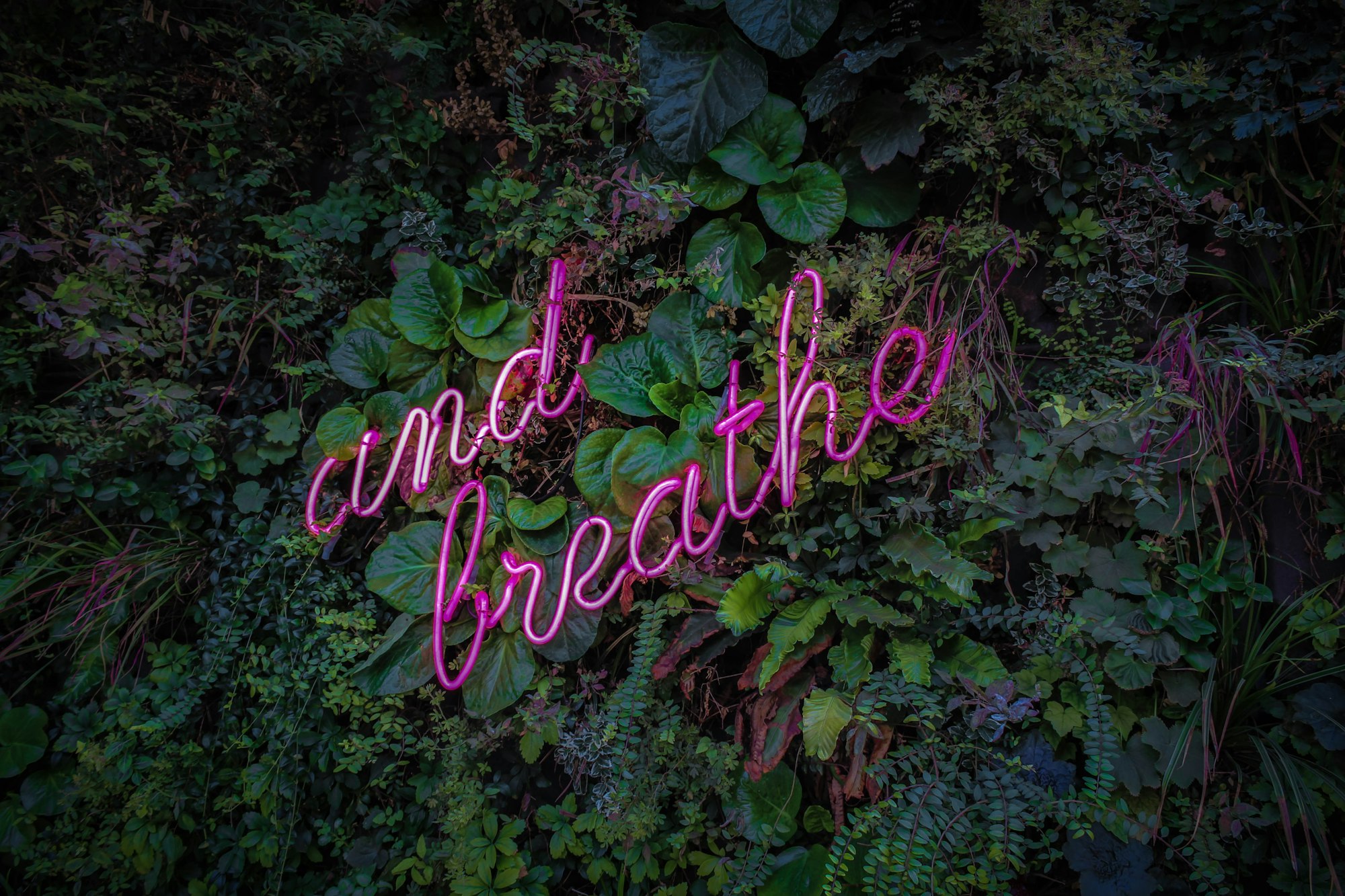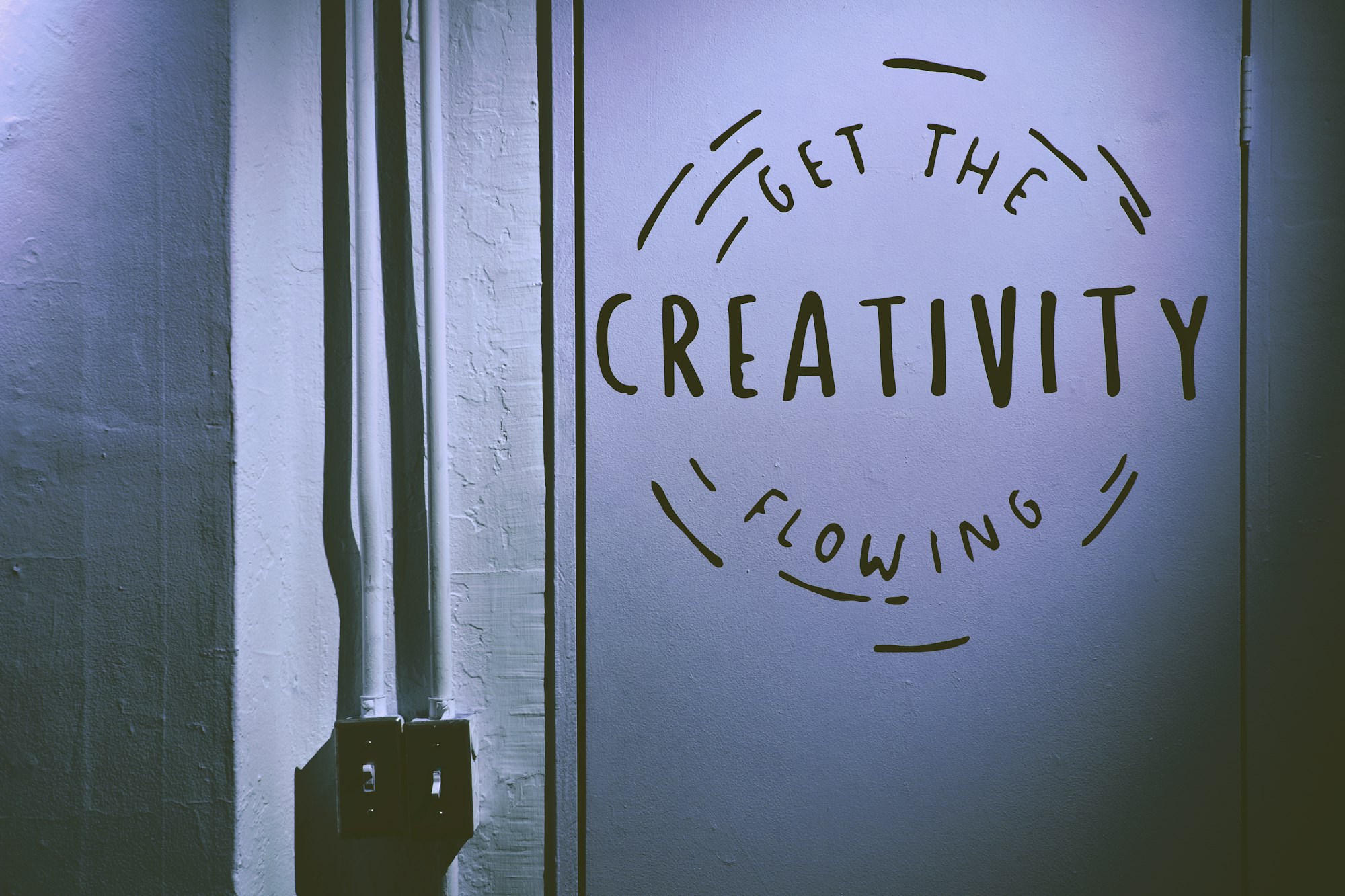Prompt 33: Rest

Last week our prompt was all about work, so in the interests of balance, I thought we should follow up with one on rest.
In the prompt last week, I argued the case for work and wrote about how it is good for us - but the flipside of that argument is that it is also something that we can have too much of!
Work is Great... until it Isn't

Back in 2019, I came across a fascinating article in the Atlantic titled Workism Is Making Americans Miserable in which Derek Thompson wrote about how work has become something of a religion for many.
He observed that with a decline of traditional religions in the West, there had been a growth in the worship of other things, including beauty, political identities, children and work, which he called 'workism'.
He argues that many have turned to work to provide them with things that they previously looked to religion to provide them, including meaning, community, self-actualisation and purpose.
The problem in doing this is that we set ourselves up for burnout because while some find meaning, purpose and a sense of calling in their work - many of our jobs don't.
And even the most rewarding, meaningful work is something we can't possibly invest all of our energy into!
The article is a good read, but many of the ideas in it are in this video (there's a little language at the start).
Work IS good for you. As I wrote last week, without it, progress in many areas of life is impossible. But balance is the key.
The Resting Genius

This week a friend mentioned to me that he'd been doing a bit of reading about Albert Einstein - the genius whose discoveries and contributions to science are mind-boggling!
A quick look at his Wikipedia page makes you wonder if the guy ever did anything BUT work - he was prolific!
My friend decided to do a bit of research into Einstein's lifestyle to see what made him so prolific and came away from his reading surprised not by how much he worked but by how much he rested!
Einstein was said to have slept 10 hours every night. On top of that, he napped most afternoons!
He took regular breaks for meals and tea and went for walks daily. He played the violin, built houses out of playing cards and took time to smoke his pipe.
Einstein worked hard - but he was also quite intentional about rest.
While I'm not recommending pipe smoking, I think we could all do well to emulate the practice of stepping away from work to slow down and rest.
How Will You Rest this Week?

Perhaps you're already planning a week of getting to bed early or afternoon naps.
This may be a good plan, but while 'sleep' may be the first thing that comes to mind, it is just a part of what it means to rest.
Rest can take many forms.
Dr Saundra Dalton-Smith wrote about seven types of rest in her book Sacred Rest - perhaps it will be useful this week to consider which type/s you are most in need of.
- Physical Rest - comprises passive physical rest (sleep and napping) and active physical rest like stretching, massage, yoga etc.
- Mental Rest - allowing your mind to stop and take a break from the mental gymnastics it does all day! Meditation or simply breaking up your daily activities can help with this.
- Emotional Rest - when we can put down the emotional baggage we carry with us by being authentic and able to share our feelings. This might happen through a chat with a good friend or a therapy session.
- Spiritual Rest - this will be based on each person's spiritual tradition or belief system. It might be recharging through spiritual practice or meaningful activity. For me I find visiting church or engaging in prayer to be restful.
- Social Rest - is the recharge we might get through spending time with life-giving people.
- Sensory Rest - the rest we receive by unplugging from the bombardment of sensory noise we experience. Time away from technology or spending time in a quiet place and being still can be a powerful experience.
- Creative Rest - the restoration that comes when we experience beauty and creativity. It might be in appreciating the creativity of others through art or music, spending time in nature or entering into a creative activity ourselves.
Dr Dalton-Smith writes that in each of these areas, we spend energy and, as a result, can begin to become drained and need restoration.
She encourages readers to identify their area of 'rest deficit' and to respond accordingly by engaging in the specific type of rest where they are fatigued.
Here's Dr Dalton-Smith sharing more:
Enjoy Your Week of Rest

This week's prompt probably comes at a good time for many of us because if you're anything like me, the end of the year comes with a lot of busyness.
Our family calendar over the next four weeks is out of control with end-of-year breakups, Christmas parties and a lot of busyness at work getting things finished before we take our summer break.
We're taking a few weeks off in January, but this week's prompt has reminded me to rest during this busy period.
I hope you enjoy the week ahead!
Let us know below how you plan to build rest into your week!
Related Prompts






Member discussion